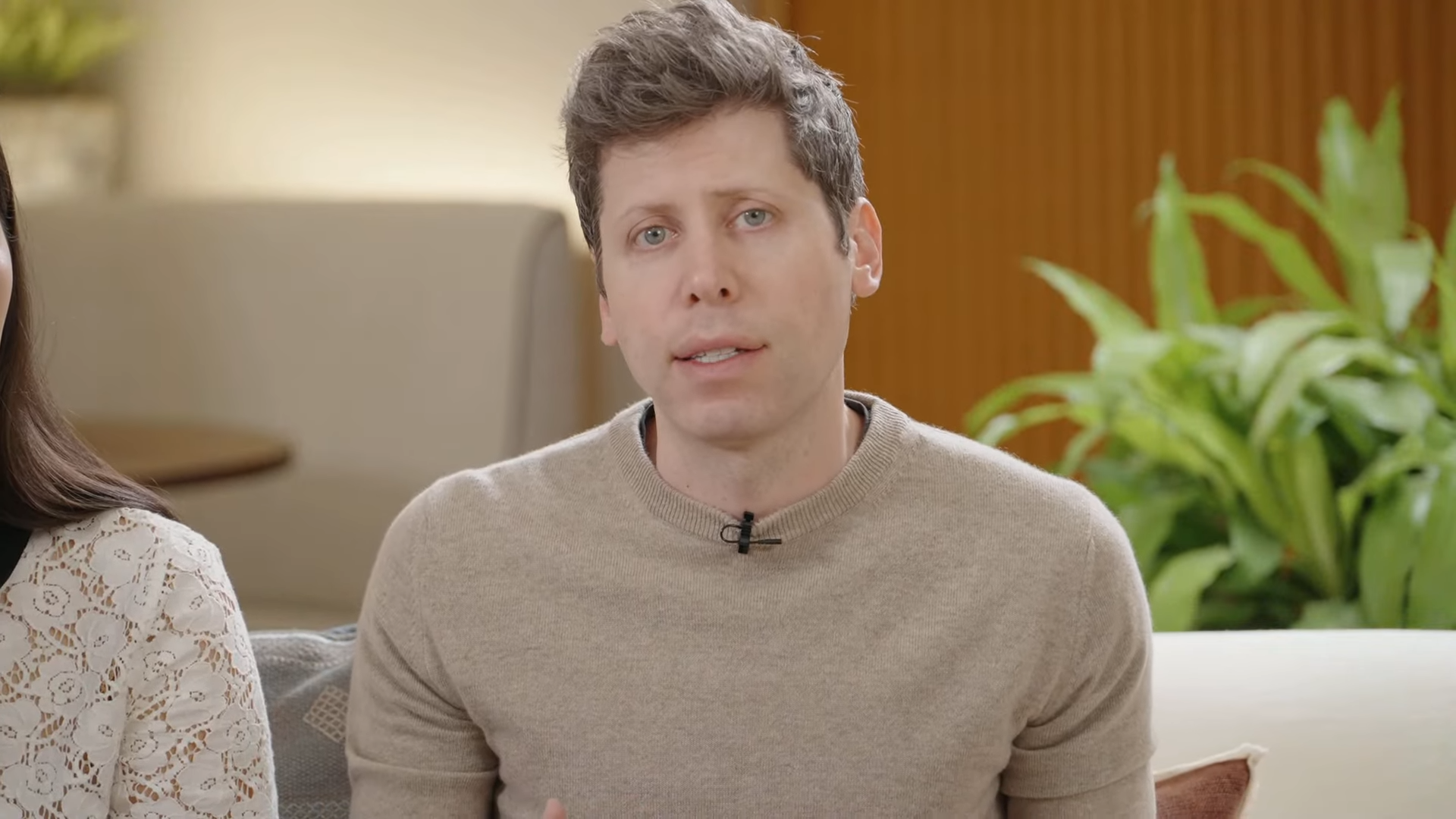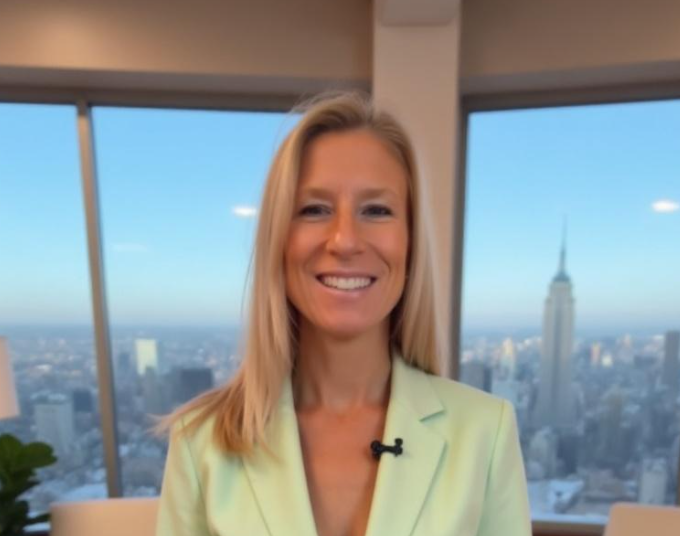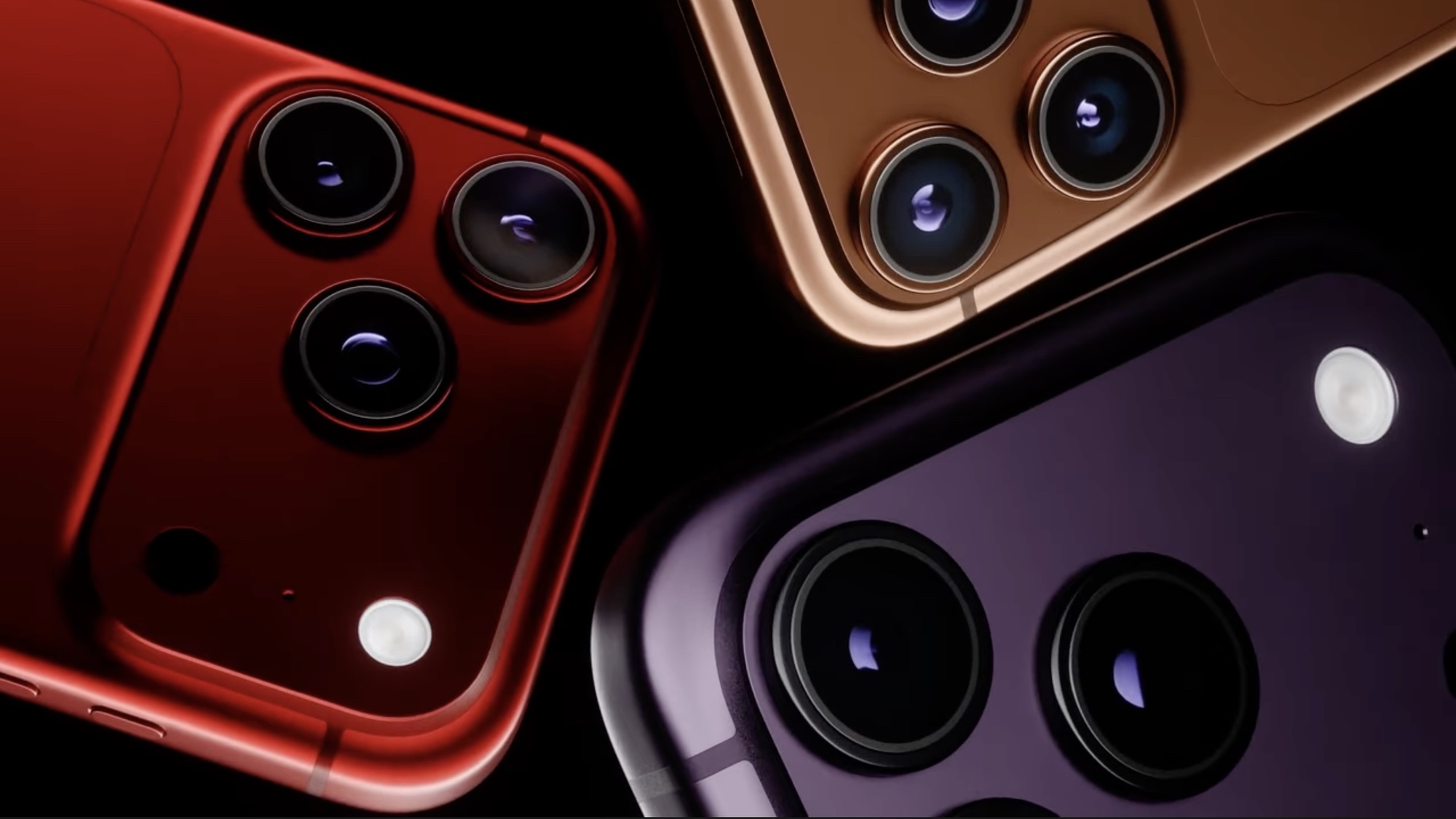We’re all being catfished on social media — ChatGPT CEO Sam Altman says bots are to blame
Social media platforms may be losing their authenticity

When one of the world’s top AI executives starts questioning the authenticity of online conversation, it’s worth paying attention. In a now-viral post on X, OpenAI CEO Sam Altman recently admitted that he no longer trusts what he sees on the internet, even when it’s about his own product. You can check out the conversation he was responding to on Reddit.
Even with rumors of starting his own social media platform, the ChatGPT founder says, “Everything looks like AI-generated content." He reflected on this and more about the difficulties distinguishing real users from bots.
In the same post, the ChatGPT founder continued speculating on several contributing factors:
- Users mimicking chatbot speech patterns
- Engagement‑fueling hype cycles
- Platform incentives for viral, monetizable content
- Echo chambers among “extremely online” users reacting simultaneously
This all contributes, in his view, to a growing sense that social discussions are increasingly robotic, echoing the so-called “dead Internet” theory, which suggests that bots may already dominate online interactions.
Real people vs. AI ‘slop'

It’s clear that the line between genuine contributions and AI‑generated noise is blurring at a rapid pace. You may have heard the term, “AI slop,” which refers to mass‑produced, low‑quality AI content seen across social feeds. It highlights the problem of what internet users are seeing far more often: content that is fast to make, barely meaningful and drowning out nuanced human expression.
It's a phenomenon that users and platforms are grappling with as some embrace the novelty of AI tools and other lament the erosion of genuine conversation.
Trust, regulation and digital well‑being

A growing body of research from Cornell University underscores the consequences:
One study found that users often perceive AI-generated content as equally credible or engaging as content written by humans, raising alarm for the potential spread of misinformation.
Another recent analysis estimates that 30–40% of active webpages now contain AI-generated text, suggesting a tipping point in how much of the Internet might already be synthetic.
Get instant access to breaking news, the hottest reviews, great deals and helpful tips.
Recognizing the urgency, Altman has long advocated for smarter regulation and mandating disclosure of AI-generated content and even international oversight of advanced AI systems, akin to nuclear regulation.
What this means for human users of the internet

For the average user, the takeaway is clear:
- Be critically minded. Don't take viral buzz at face value, pause, check the source and consider if the tone feels overly generic.
- Continuously verify. If something feels too on point or overly polished (either written or in image form), it might just be generated by AI.
- Push for transparency. Labeling AI‑created posts can restore trust and help distinguish organic conversations from orchestrated noise.
Bottom line
Sam Altman's uneasy reflection is startling for sure. But hearing “everything looks fake” from someone who has made a living on accelerating AI, doesn’t mean all is lost. It’s a call on us to act.
As AI expands, so will the demand for defenses to evolve on everything from media literacy, transparency frameworks and regulatory guardrails. In an increasingly synthetic internet, your best tool is your own due diligence and human ability to stay curious and dig deeper for real answers.
Follow Tom's Guide on Google News to get our up-to-date news, how-tos, and reviews in your feeds. Make sure to click the Follow button.
More from Tom's Guide
- I ran a real AI chatbot locally on my iPhone — here’s how it worked
- Forget Suno — I built a 7-song playlist (plus a bonus track) for free with this under-the-radar AI
- Nano Banana just broke the internet with these viral trends — I tried these 5 prompts and I'm blown away

Amanda Caswell is an award-winning journalist, bestselling YA author, and one of today’s leading voices in AI and technology. A celebrated contributor to various news outlets, her sharp insights and relatable storytelling have earned her a loyal readership. Amanda’s work has been recognized with prestigious honors, including outstanding contribution to media.
Known for her ability to bring clarity to even the most complex topics, Amanda seamlessly blends innovation and creativity, inspiring readers to embrace the power of AI and emerging technologies. As a certified prompt engineer, she continues to push the boundaries of how humans and AI can work together.
Beyond her journalism career, Amanda is a long-distance runner and mom of three. She lives in New Jersey.
You must confirm your public display name before commenting
Please logout and then login again, you will then be prompted to enter your display name.
 Club Benefits
Club Benefits















